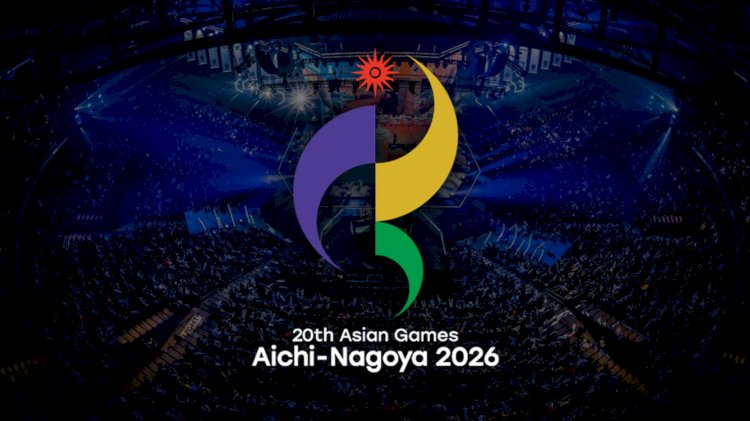amicitaacademy.com – The ASEAN Games, a prominent regional sporting event, is a celebration of athletic excellence and cultural unity among the countries of Southeast Asia. Organized by the Association of Southeast Asian Nations (ASEAN), this event brings together athletes from the 10 ASEAN member states—Brunei, Cambodia, Indonesia, Laos, Malaysia, Myanmar, the Philippines, Singapore, Thailand, and Vietnam—along with invited participants from neighboring nations.
A Platform for Regional Solidarity
The ASEAN Games aim to foster regional solidarity and cooperation through sports. By providing a competitive yet friendly platform, the games allow athletes to showcase their talents, exchange ideas, and build relationships across borders. These events not only highlight the athletic prowess of the region but also strengthen the bonds of friendship among participating nations.
Events and Sports
The ASEAN Games feature a wide array of sports, reflecting the diverse interests and cultural heritage of the region. Popular sports like football, badminton, and athletics take center stage, while traditional games such as sepak takraw—a sport originating in Southeast Asia—add a unique cultural flavor to the event.
In recent editions, the games have also included e-sports, showcasing ASEAN’s adaptability to modern trends and the growing popularity of competitive video gaming. The inclusion of e-sports has attracted a younger audience, broadening the event’s appeal.
Promoting Development and Inclusivity
The ASEAN Games are not just about competition; they also emphasize inclusivity and development. Special initiatives encourage participation by athletes with disabilities, while outreach programs promote sports at the grassroots level. These efforts aim to inspire the next generation of athletes and ensure equal opportunities for everyone.
Economic and Cultural Impact
The hosting of the ASEAN Games brings significant economic benefits to the host country, including boosts to tourism, infrastructure development, and international visibility. Moreover, the event showcases the region’s cultural diversity through opening and closing ceremonies filled with traditional music, dance, and art.
Challenges and Future Prospects
Despite its success, the ASEAN Games face challenges such as funding, logistics, and balancing competition with inclusivity. However, the growing interest in sports across the region and strong government support ensure the event’s continued evolution. Future editions are expected to incorporate sustainable practices, leveraging sports as a tool for environmental awareness and social impact.
Conclusion
The ASEAN Games stand as a testament to Southeast Asia’s unity in diversity. By bringing together athletes, fans, and nations, the event fosters a spirit of camaraderie and shared aspirations. As the games continue to grow in prominence, they not only elevate sports in the region but also strengthen the ASEAN identity, showcasing the power of sports to bridge differences and inspire progress.

